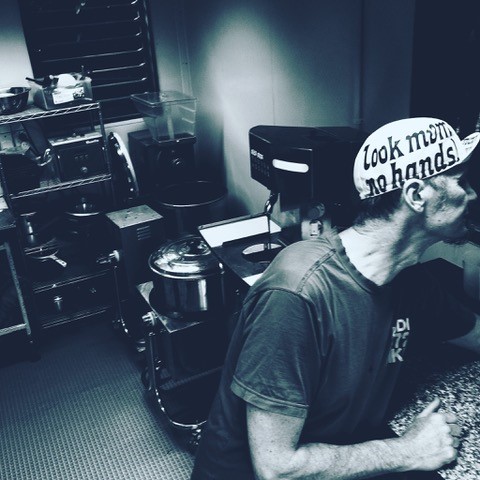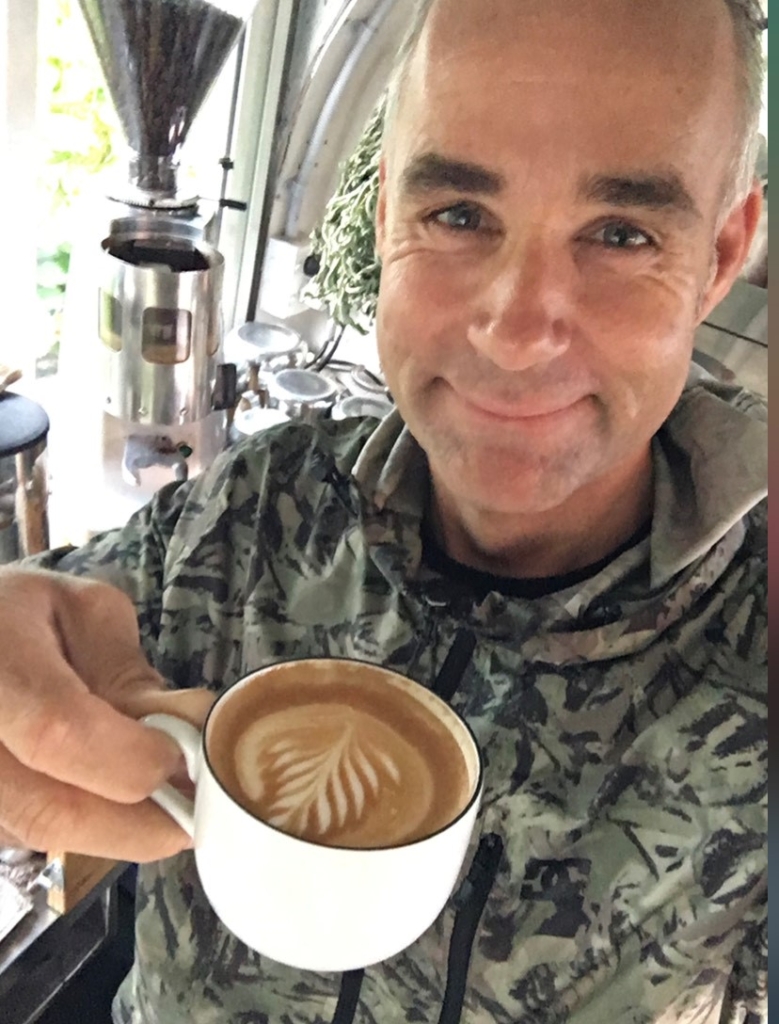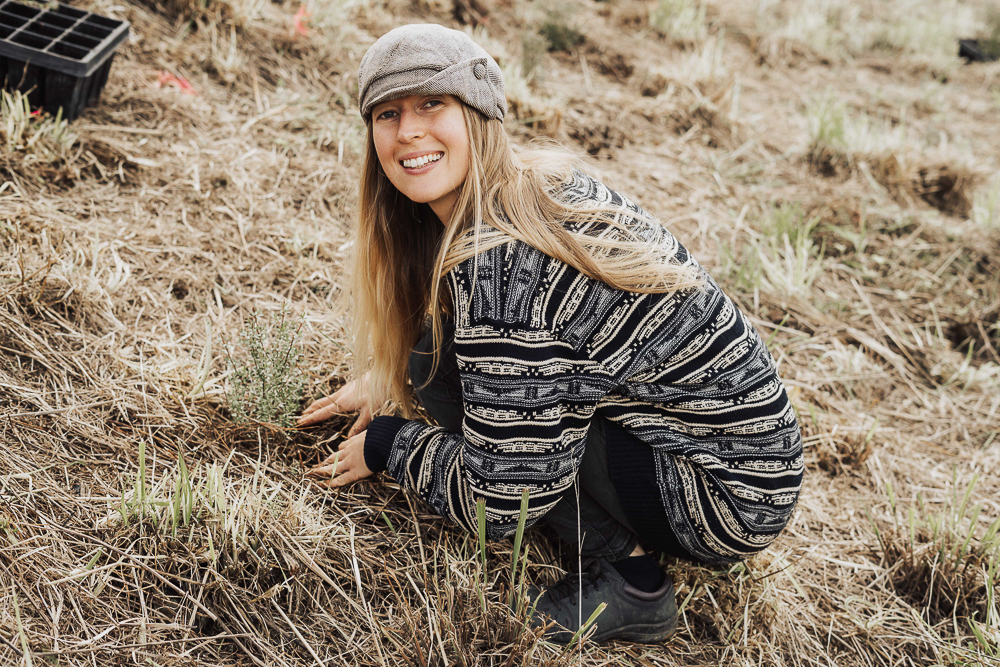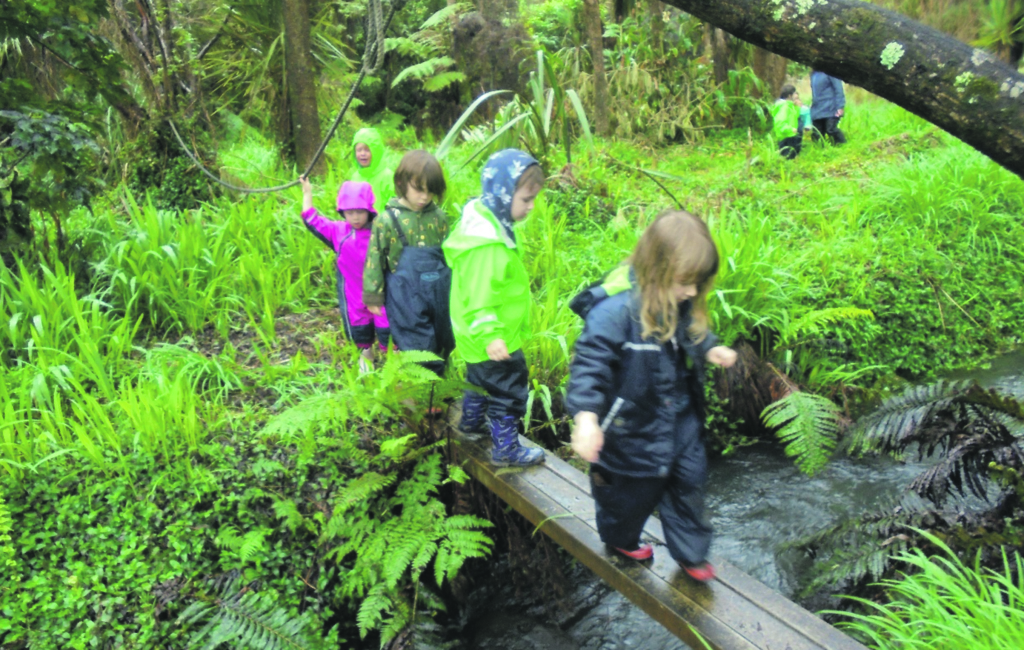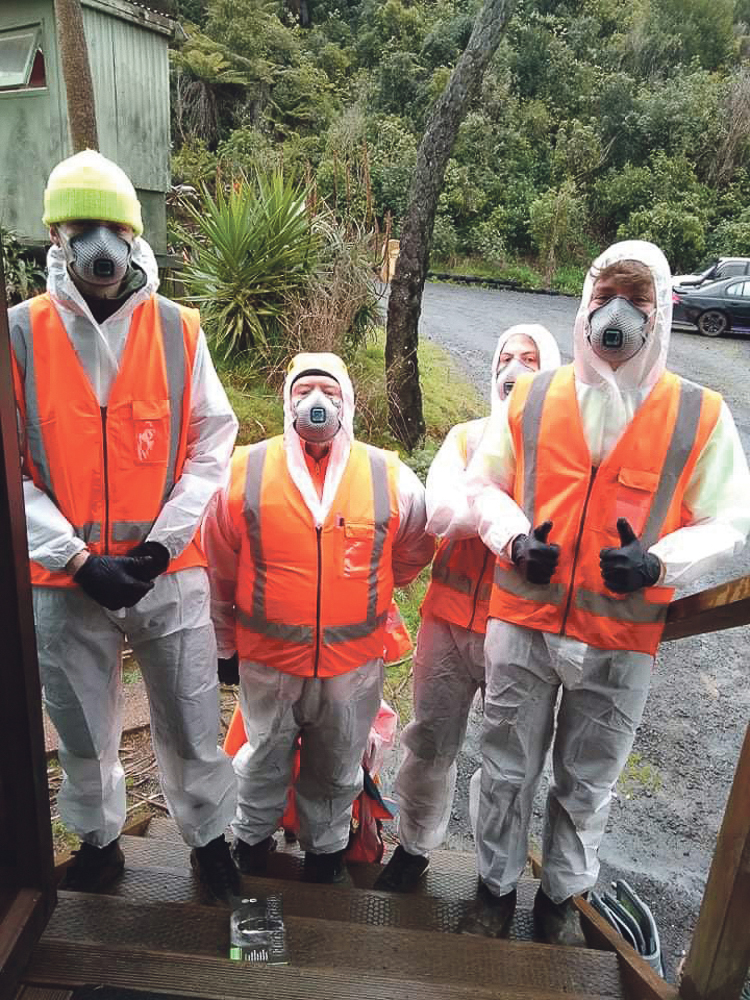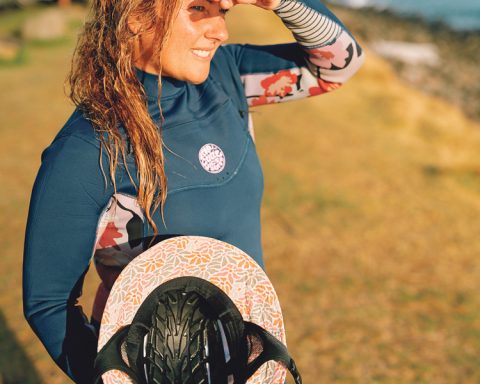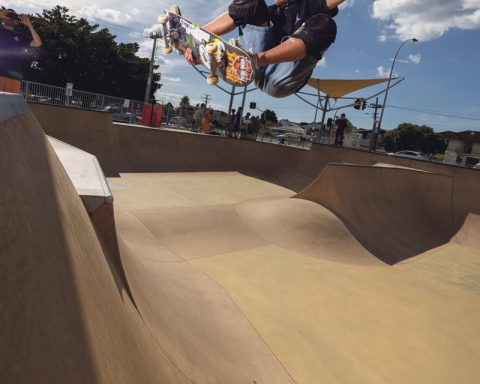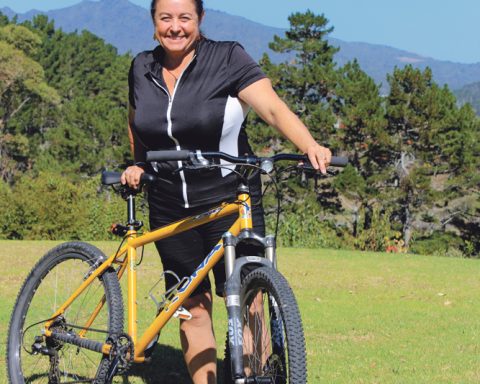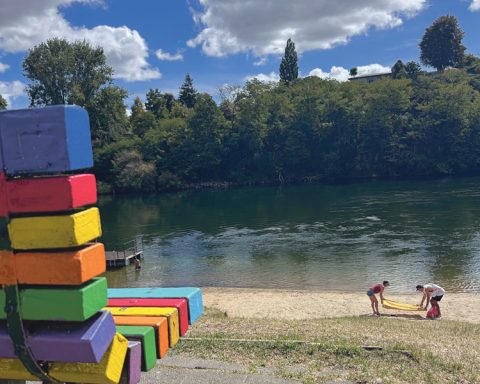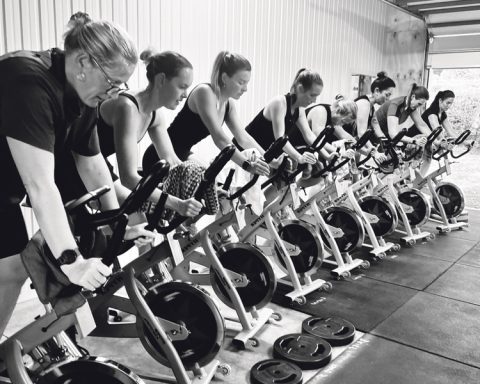Sustainability is no longer a ‘nice to have’, or a good PR tactic. Due to public expectations, ground swell in the environmental space, science-backed data on climate change and recent government legislation, sustainability is becoming intrinsically linked to businesses reputation, productivity, performance, recruitment potential, staff wellbeing and viability.
In the Good Company Report 2019, sustainability was a key concern for 87% of New Zealanders, with 71% of customers doing active research around the sustainability of a brand before purchasing.
Three local businesses share why they have embedded sustainability principles and practices into their organisations.
Tesh Randall, co-owner and creator of Raglan Coconut Yoghurt (Raglan Food Co) says that sustainability is intrinsically linked with their company’s ethos, operations and wellbeing. “Sustainability is wrapped around the entire brand, as customers expect it, and it is the right thing to do”.
Raglan Food Co is advanced in its delivery and embedding of sustainability. They are a B Corp Certified Business and also certified Carbon Zero.
Raglan Food Co believe in supporting social and environmental causes and provide a fund for local initiatives. Tesh says they have also planted over 900 native trees around their new factory site.
Paul Peterson, owner and operator of Morning Glory (arguably the best coffee in Waikato), is steadfast in his social and environmental principles which underpin his business. He states that coffee should be ethical and organic and preferably Fair Trade certified, so workers are given a fair wage.
Morning Glory uses unique compostable packaging created by Econic, an arm of Waikato packaging solutions Convex, which has been endorsed by Xtreme Zero Waste for use in their commercial compost system and in home composts. Paul says he also encourages customers to use stoneware and steel cups, and he donates some of his profits locally towards improving conservation and ecological restoration via the Karioi Project.
Mike Renfree, of Raglan Chocolate agrees sustainability needs to be mainstream with business, and says this was in mind from inception. His key concern was the social injustices and exploitation associated with cacao production and believes that “take-make-waste” systems and ways of doing business need to change. Mike sources products which are ethically, socially and environmentally sound. The paper used in his packaging is certified sustainable, and he is also working with Convex to develop new compostable barrier film liners.
Where to start?
The first step is to undertake an environmental audit to understand your operations, emissions, gaps and supply chains, then produce a plan or strategy for setting targets and reducing emissions, as well as identifying where wastage or costs could be saved.
There are numerous tools online that can assist, such as the SBN climate action toolbox, which is free. This can help you begin to understand the areas you need to focus on.
Finally, here’s some advice to all businesses from our interviewees – do it, or do as much as you can, don’t wait, just get started today. We need to mitigate all of the damage and negative impacts that we create from now on in order to build better businesses for a better world.
By Rachael Goddard
Rachael Goddard is the director of ECOES, which specialises in sustainability planning, mapping, frameworks, and tracking greenhouse gas emissions. www.ecoes.co.nz
